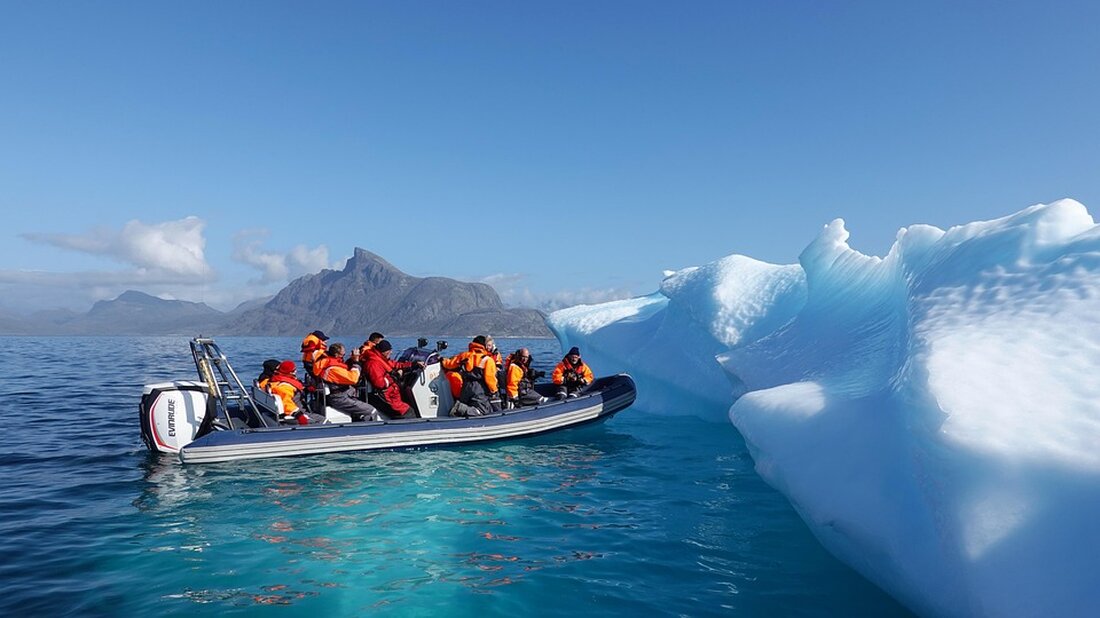Climate change in focus: Are we threatened by extreme weather in Germany?
Discussion about climate change and extreme weather in Germany and the Mediterranean: effects on the travel industry and necessary measures.

Climate change in focus: Are we threatened by extreme weather in Germany?
In a current podcast, meteorologists and ARD weather presenter Karsten Schwanke discuss the weather situation in Germany and the Mediterranean regions. According to [reisevor9], the weather in Germany is warm and dry, while some parts of the Mediterranean experience heavy rainfall. These different weather phenomena raise the question of whether they are signs of climate change.
A crucial point in the discussion is the role of the travel industry. This is seen as both a victim and a cause of climate change. The podcast also addresses the necessary transformation processes in the industry as well as precautionary measures against future extreme weather events.
Extreme weather and climate change
The recently published study by Working Group I of the Intergovernmental Panel on Climate Change (IPCC) from August 2021 proves the scientific basis of climate change. [WWF] is reporting an alarming rise in Earth's surface temperature, rising faster than at any time in the last 2,000 years. Sea level and greenhouse gas concentrations are also increasing unabated.
The increase in extreme weather events, such as heavy rain and extreme heat, is a direct result of global warming. Human activities are considered to be the main cause. Forecasts suggest that coastal flooding that once occurred once every 100 years could become an annual occurrence in the future.
- Hitzewellen in Kanada und Nordamerika sowie in Russland
- Dürre in Madagaskar
- Hochwasserkatastrophe in Deutschland im Juli 2021 mit über 180 Toten
- Über 90 Liter Regen pro Quadratmeter in Westdeutschland, was zu Überschwemmungen führte
An analysis by the World Weather Attribution Initiative (WWA) shows that climate change is making extreme weather events more likely. Heavy rainfall in Western Europe has become 1.2 to 9 times more likely due to climate change. Comparing today's climate with the climate before an increase of 1.2 degrees Celsius shows that the maximum amount of precipitation has increased by 3 to 19 percent.
Need for action and ecological solutions
The need to take action on the climate crisis is becoming increasingly urgent. It is important to limit global warming to a maximum of 1.5 degrees Celsius and to reduce greenhouse gas emissions more quickly. The WWF calls on the federal government to treat climate and environmental protection as a central task. In addition, a faster exit from fossil energies and the expansion of renewable energies are recommended.
In addition, Germany must deal with adaptation to climate change. Human influences such as soil sealing and river straightening exacerbate floods, which is why ecological solutions for flood protection are required. These include the recovery of natural floodplains, the renaturation of water bodies and the improvement of the percolation capacity of the soil.
In summary, the current discussion shows how complex and interdependent weather phenomena and climate change are. It is time to act actively and responsibly.

 Suche
Suche
 Mein Konto
Mein Konto